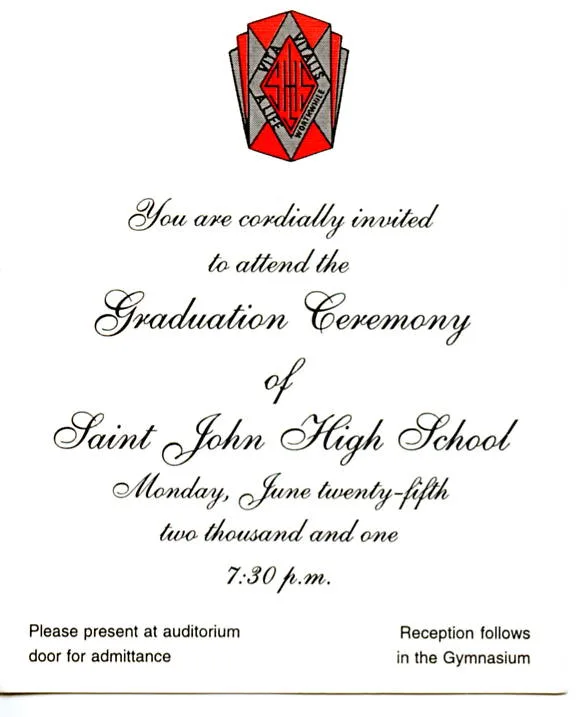Journalism Assignment 1
As I sit at my computer and look out my window, I hear the very annoying sound of crickets. Most city people would find crickets a refreshing sound, not me. It was nice to hear them chirp when I first arrive in Fredericton but now this is day 21 and they never shut up! That…
